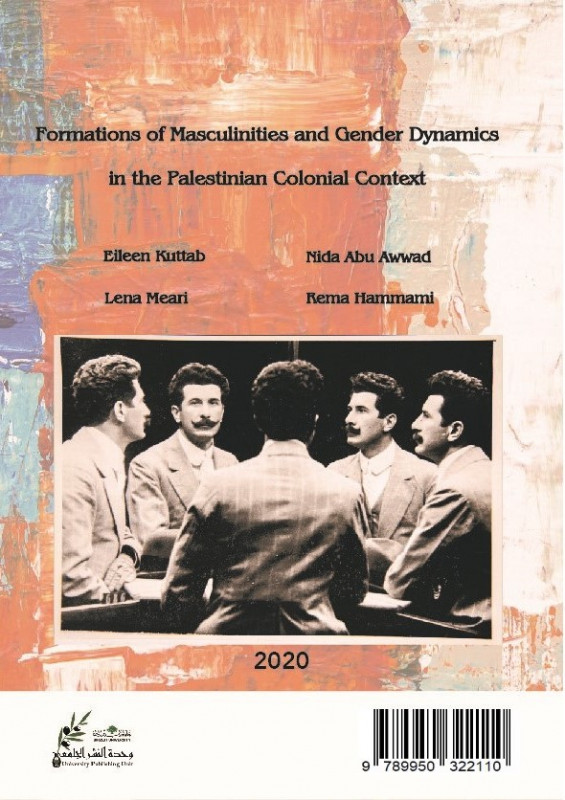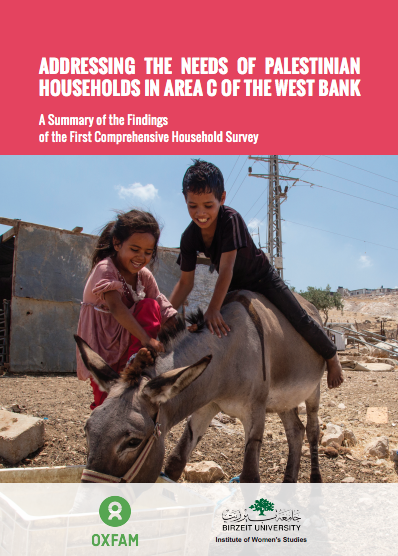Gender Related Power & Authority in the Palestinian Household Mechanisms & Causes pdf
Year: 2006
Author: Ayman Rizqalla
Supervisor: Rema Hammami
Discussion Committee: Lamis Abu Nahleh & Suha Hindieh
Abstract
This study is an attempt to understand the determinants of the social, political, cultural, and economical reality of the Palestinians' household in relation to decision-making, household resources management, as well as the division of household duties and responsibilities. Other interrelated elements which can influence the authority and power relationship between the man & the women within a household are also analyzed. By aiming to explain the internal dynamics of Palestinian households from the perspective of its members; male and female, the study raises new issues for the dominant theoretical frameworks on gender and the household.
This study shows that the economic contribution of women within the labor market positively influenced on their control over resources management and distribution within the household. In these circumstances, women were more likely to become partners in decision-making and developed their negotiating skills, enabling them to actively participate in making decisions regarding resources in the household. In spite of the fact that the women work outside homes, their roles and in-home responsibilities remained the same and no adjustments to the division of labor within the household was evident. Women continued to be in charge of all household duties, in addition to their work outside the home, meaning that they had the burden of a double shift. Men on the other hand benefited from the economic contribution of their partners, but did not assume a greater role in household tasks or responsibilities.
For women outside the labor market (housewives), it was clear that other factors contributed in empowering them, such as, age and/or ownership of real estate and other forms of capital. For both working and non-working women other material and non-material resources contributed to their empowerment. These included active participation in civic and political groups; self-confidence and high self-esteem; and support from children and the extended family. In some cases, where support is provided to the women by her spouse, and the initial terms of the relationships are well established and based on love and intimacy, the woman’s position and her ability to make decisions is enhanced.
The particular issue being discussed, as well as the use of logical argument in negotiating, often increases the woman’s power of decision-making and gains them support. This study found that the dynamics of the relationship between partners in the household environment is often the determining factor when resolving a conflict or making a decision on a specific issue.
As a conclusion, this study confirms that inequality and unbalance between men and women in the household is the result of correlation between power and authority that is however, elastic and flexible. It is also determined by other factors such as household dynamics, bargaining skills, and by the individual’s material and non-material resources.
Download




